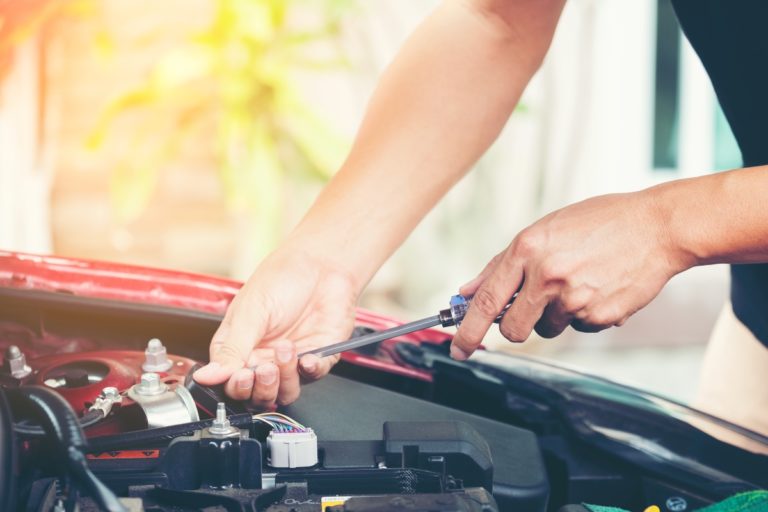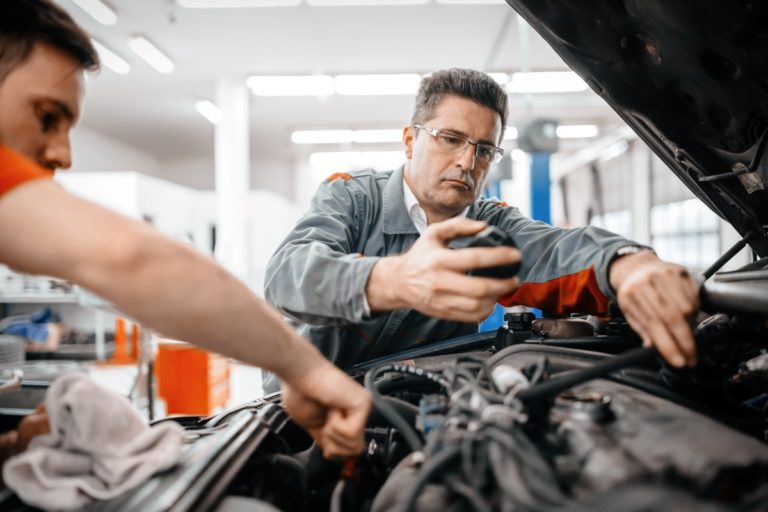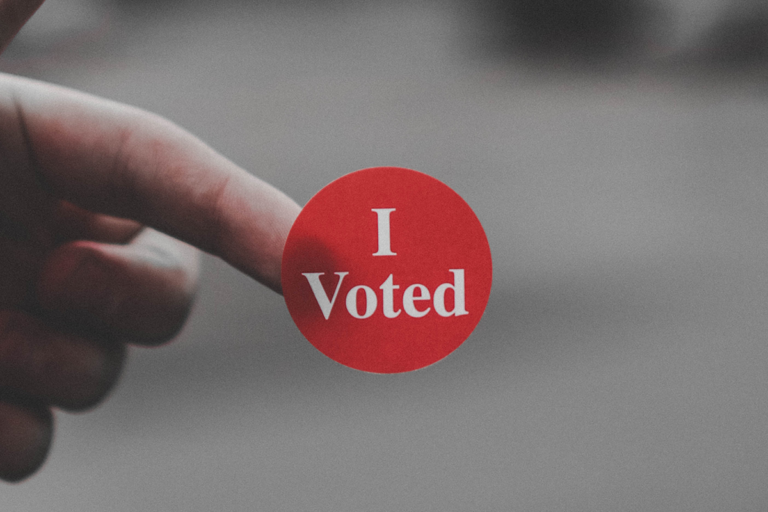This article originally appeared in The MetroWest Daily News by Chris Lisinski / State House News Service
BOSTON – Opponents of a proposed ballot question that would increase access to automobile data formally objected to its eligibility Wednesday, echoing an argument that has so far blocked a congressional candidate from making the ballot in a separate case.
The Coalition for Safe and Secure Data, a manufacturer-backed group organized to fight the question, submitted a challenge Wednesday that will prompt a state panel to decide whether the proposal can go before voters on Nov. 3.
In their challenge, the coalition argued that the third-party company used by the campaign disobeyed electronic signature-gathering requirements outlined by the Supreme Judicial Court by storing signatures in a separate file and tracking personal data without notification.
“The signature gathering effort used by ballot question proponents not only violated public policy and failed to meet the standards outlined by the court, it also put the personal information of more than 24,000 Massachusetts voters at risk for potential misuse, hacking and identity theft,” said Conor Yunits, a spokesperson for the coalition.
The State Ballot Law Commission, a five-member panel appointed by the governor, must now decide whether the question — one of two headed toward the ballot — is eligible to reach the ballot.
Thanks to an April 29 SJC ruling, initiative petition supporters were allowed to collect e-signatures during the final round of the process as a way to limit COVID-19 risks. However, voters had to submit their e-signatures directly into the forms and had to be alerted about what personal information was being collected and why, roughly similar to the e-signatures guidelines given to candidates for office in an earlier decision.
The new filing before the ballot law commission comes less than two weeks after the same panel deemed Helen Brady ineligible to make the ballot for the 9th Congressional District because of issues with her signature-gathering vendor, VenueX — the same company allegedly used by the right-to-repair campaign.
By storing electronic signatures in a separate file and importing them into the nomination papers, VenueX and by extension Brady violated the requirement to submit “native” signed documents for certification, the SBLC ruled.
Brady, who plans to appeal the decision, told the News Service that she believed 39 other candidates for office hired VenueX to help gather e-signatures amid the pandemic.
The SBLC cannot intervene, however, unless a party challenges a candidate or campaign’s eligibility, and Brady was the only one to draw an objection on such grounds.
Her precedent does not guarantee an outcome in the ballot question case, and the SBLC will now need to decide whether the proposal to update the state’s 2012 law outlining access to vehicle information can appear on the general election ballot.
Tommy Hickey, a spokesman for the supporters’ group, said in a statement Wednesday that the campaign collected signatures “over multiple platforms, based on the guidance of regulators.”
“Our coalition got more than 100,000 signatures last fall and collected 24,000 signatures this spring from voters who want to maintain a choice on where to get their car repaired,” he said. “This is yet another sign of the large automakers trying to monopolize the repair market and leave Massachusetts consumers, who voted 86% in favor of this in 2012, and independent repair shops in the dust.”
Their 24,000 recent signatures cleared the required threshold of 13,374. Secretary of State William Galvin is still reviewing the submission, along with those filed by supporters of a proposal to implement ranked-choice voting in Massachusetts.
The so-called right-to-repair question would require car manufacturers to make more telematic data available to independent repair shops, a step that backers say will ensure that consumers have more options for maintenance as vehicles continue to add more complicated digital components.
Opponents argue that making the data more available will create significant privacy concerns, a point they raised again as they filed Wednesday’s challenge about how voter signatures were handled.
“This was a stunning preview of what could happen if the question passes, because the same people who okayed this plan also made sure not to include any protections for cybersecurity, privacy or personal safety in the ballot question itself,” Yunits said. “Not only should this question be struck from the ballot, but the proponents should be required to contact everyone who signed their petition and warn them that their data has been exposed, just as any other major national corporation would do in the event of a data breach.”
Debate over the topic has been fierce since the ballot question campaign launched last year, and both sides of the issue have significant support from industry interest groups.
The coalition of opponents has received more than $1.6 million in donations from the Alliance of Automobile Manufacturers and the Association of Global Automakers, according to records with the state Office of Campaign and Political Finance.
Similarly, the Right to Repair Coalition has brought in more than $1 million, including $500,000 from the Auto Care Association that represents aftermarket manufacturers and dozens of donations from independent shops, OCPF data show.




